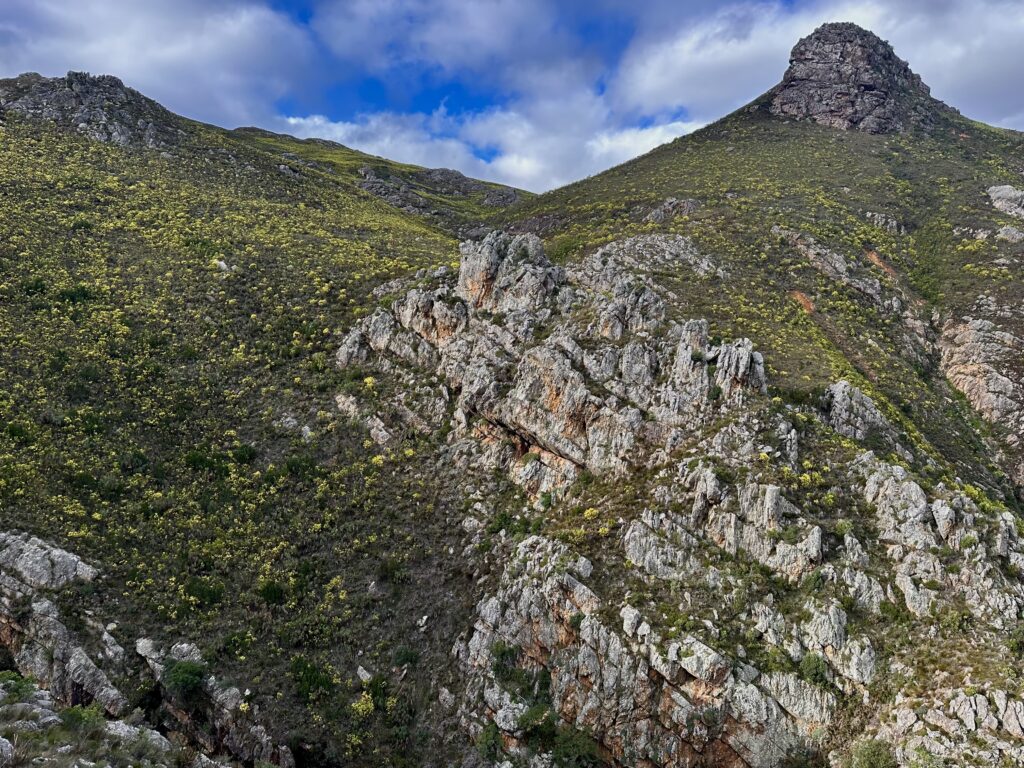Water scarcity has long shaped western water law. This system, called prior appropriation, determines who can use surface water, how much, when, and for what purpose. Prior appropriation, founded by westward settler ideologies, reinforces unequal access to water and risk of scarcity among water users- especially during periods of shortage. Due to the development of the law over time, correcting inequities in water access is challenging and limited.

This summer, Alaina is investigating water allocation reform models. She is engaging with water practitioners in the Western US and South Africa, one of few global examples of water rights reform aimed at undoing systemic unequal water access. Through conversations about shared pressures of climate change, growing populations, and colonial legacy, Alaina hopes to gain practitioner-oriented insights about challenges and potential applications for water law reform. She intends to capture her experience through observational writing and a photo essay shot on her Minolta film camera.
STUDENT RESEARCHER

Alaina Geibig – Research Assistant and WCC Cordinator | Alaina is a Master of Environmental Management candidate interested in water resource management in drylands landscapes. More specifically, Alaina is interested in the environmental and social dimensions of water allocation and climate change. Prior to attending Yale School of the Environment, Alaina spent three years exploring the intersection of public land conservation, food cultivation, and rural community resilience as an AmeriCorps volunteer in Western Colorado. She holds a B.A. in psychology from the University of Puget Sound. In her free time, you can find Alaina (and her dog) grazing at the farmers market, dipping in cold lakes, or sipping tea. See what Alaina has been up to. | Blog
